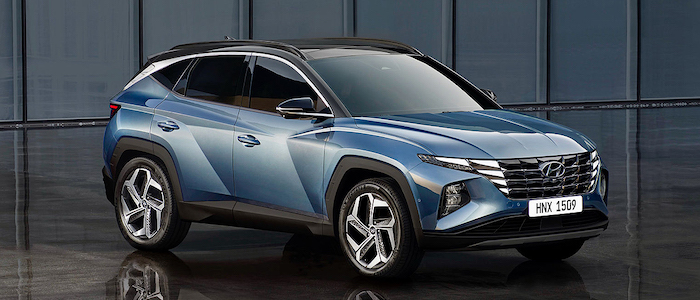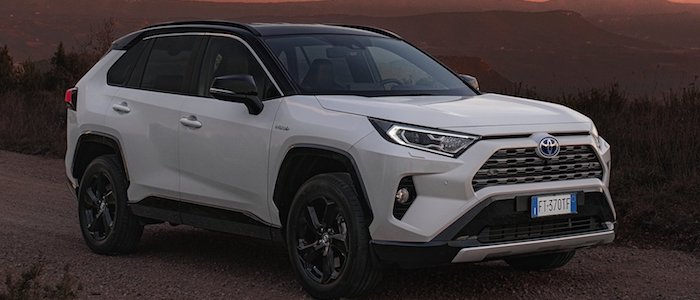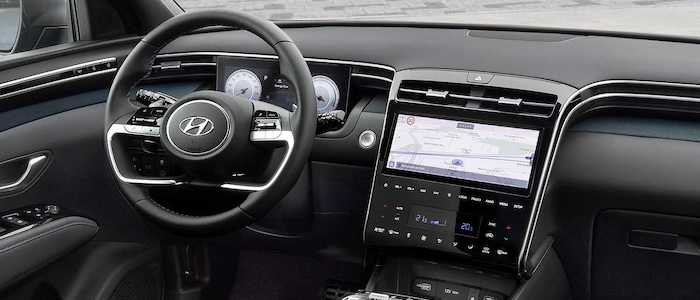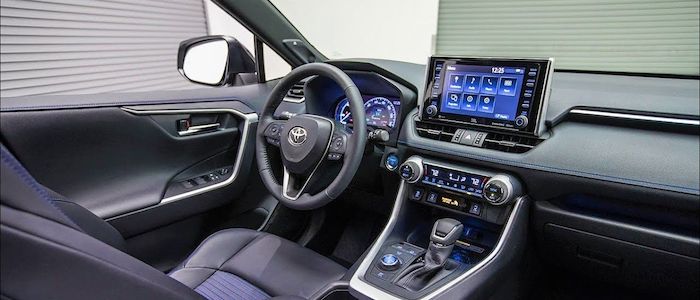Compare two cars
Compare any two cars and get our Virtual Adviser™ opinion
Dimensons & Outlines
Check vehicle history
Engine
1.6 Smartstream G4FP PHEV
Performance (manual gearbox)
Performance (automatic gearbox)
Expenses
Virtual Adviser's™ opinion
Well, these are two pretty similar cars we have here! It's only details that could potentially make the difference. Considering they both belong to the suv segment and utilize the same 5-door suv body style and the 4 x 4 wheel drive system, it all comes up to the specific hybrid engine choice they offer. The first one has a Hyundai-engineered powertrain under the hood, a 4-cylinder, 16-valves 265hp unit, while the other one gets its power and torque from a 4-cylinder, 16-valves 306hp engine designed by Toyota.
SafetyA starting point here would be to take a look at the results from European New Car Assessment Programme (Euro NCAP) tests which were performed on both of the cars, with the same number of safety stars gained in the process. That aside, let's consider some other aspects which affect safety. Both vehicles belong to the suv segment, which is generally a very good thing safety-wise, still it doesn't help us solve our dilemma, does it? On the other hand, if we'd like to consider vehicle mass in this context too, which we definitely should, the Japanese car offers a marginal difference of 1% more metal.
ReliabilityReliability is not the best thing to consider on the make level, but it is worth mentioning that both brands display similar results in faults and breakdowns, at least on all of the models level. These are the results of an independent reasearch, while our visitors describe reliability of Hyundai with an average rating of 4.5, and models under the Toyota badge with 4.6 out of 5. Unfortunatelly, I don't have enough insight that would allow me to comment in more details on the specific models level. We should definitely mention that owners of cars with the same powertrain as the Korean car rank it on average as 3.0 out of 5, exactly the same as the other one.
Performance & Fuel economyToyota is undoubtly more agile, reaching 100km/h in 2 seconds less than its competitor. Still, it lacks the power to win the top speed competition, topping at 188 kilometers per hour, 3km/h less than the other car. When it comes to fuel economy things look pretty much the same for both cars, averaging around 1.3 liters of fuel per 100 kilometers (217 mpg), in combined cycle.
Verdict
Toyota appears just a bit more reliable, although the difference is truly marginal. The most important thing when deciding between any two vehicles should always be safety, both passive and active. In my opinion, everything taken into account, the Japanese car offers slightly better overall protection and takes the lead. It all continues in the same direction, with Toyota offering somewhat better performance, just enough to call it quicker. To make things even better, it consumps less fuel! It's not difficult to say then that if I'd need to make a choice, it would definitely be the Toyota. Nevertheless, let's not forget that people have different preferences and needs, so what really counts is your personal feel. I'm only here to help. In case you have two minutes to spare I invite you to define your needs, desires and budget and see which car would be chosen by the virtual adviser™, among more than 12.000 different ones in our database.

































